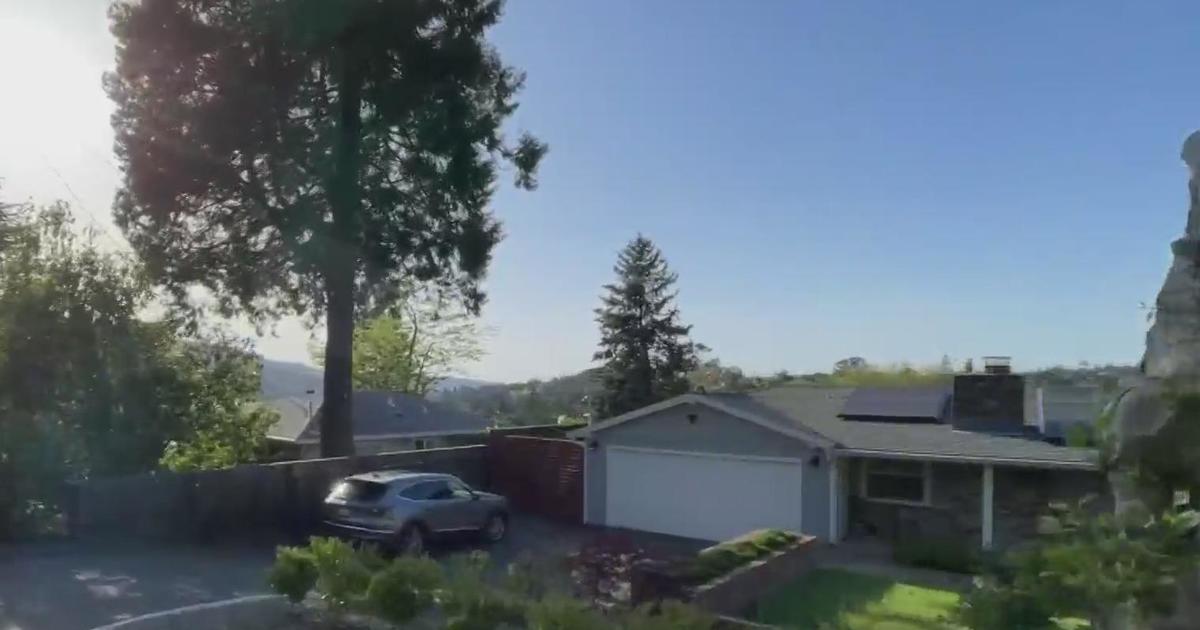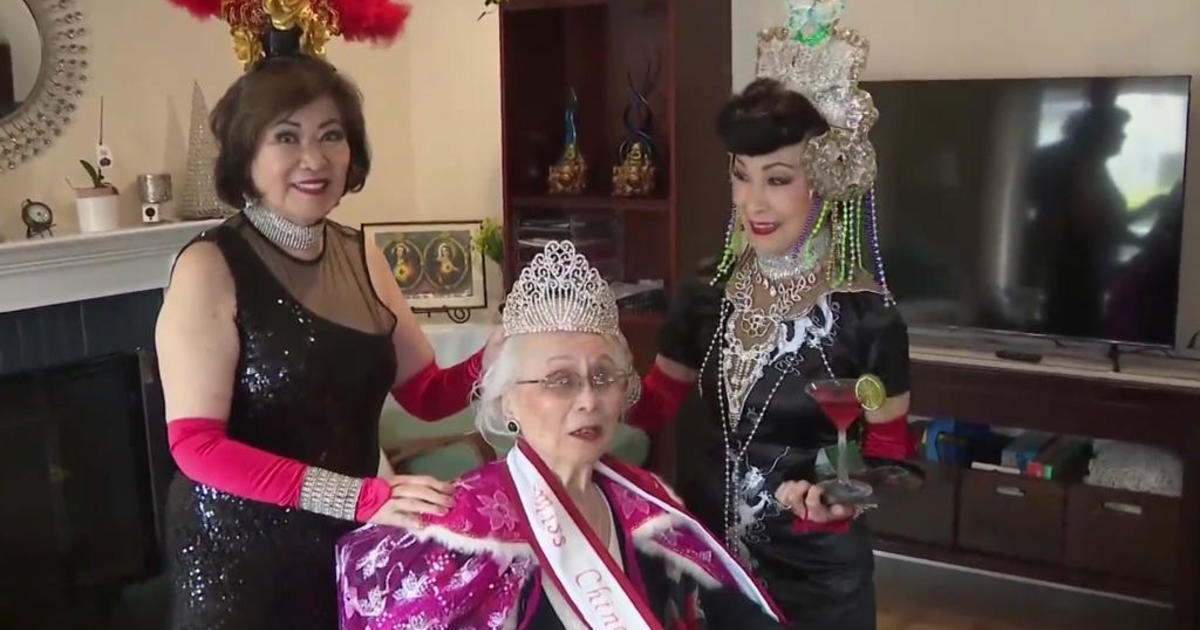ConsumerWatch: Reverse Mortgages Confuse Elderly
SAN FRANCISCO (CBS 5) - The Consumer Financial Protection Bureau released a report Thursday warning of the risks of reverse mortgages.
The bureau said foreclosure rates are rising at an "alarming rate" for senior homeowners with these reverse mortgages. The federal agency urged consumers, especially older homeowners, to do their research before using a reverse mortgage to tape their home equity.
According to the government report, some older Americans who boost their retirement income while staying in their home through reverse mortgages find themselves in worse financial situation because of confusion over terms of the loans.
The report said about ten percent of reverse mortgages end in default. The CFPB said it was considering new regulation requiring better disclosures and stricter oversight, including limits on misleading advertising.
Click Here For The CFPB's Guide To Reverse Mortgages
Check Out The AARP's Retirement Calculator
"Reverse mortgages are very complex and can be easily misunderstood by homeowners looking for a way to tap into their equity," said Norma Garcia, manager of Consumers Union's financial services program.
Garcia said the complexity of the mortgages makes some seniors prime targets for scammers.
A reverse mortgage is a home loan that allows homeowners 62 and older to convert a portion of the equity in their homes into cash, as long as the home remains their primary residence. Most reverse mortgages are offered through the Department of Housing and Urban Development and are guaranteed by the Federal Housing Administration (FHA) through a program called Home Equity Conversion Mortgages (HECM).
The FHA provides online counselors as well as information by phone at (800) 569-4287.
Unlike a traditional mortgage, there's no lengthy underwriting process and homeowners are not required to make monthly principal and interest payments. But they must continue to pay real estate taxes, utilities, and hazard and flood insurance premiums.
In essence, a reverse mortgage can help retirees convert an illiquid asset - a house - into a liquid one that can help supplement retirement income. Sounds good but one big downside of a reverse mortgage is that younger retirees who use them may run out of money and options at too young an age. These homeowners may have been better off selling their homes and using the equity to purchase another home or renting.
(Copyright 2012 by CBS San Francisco. All Rights Reserved. This material may not be published, broadcast, rewritten, or redistributed.)



